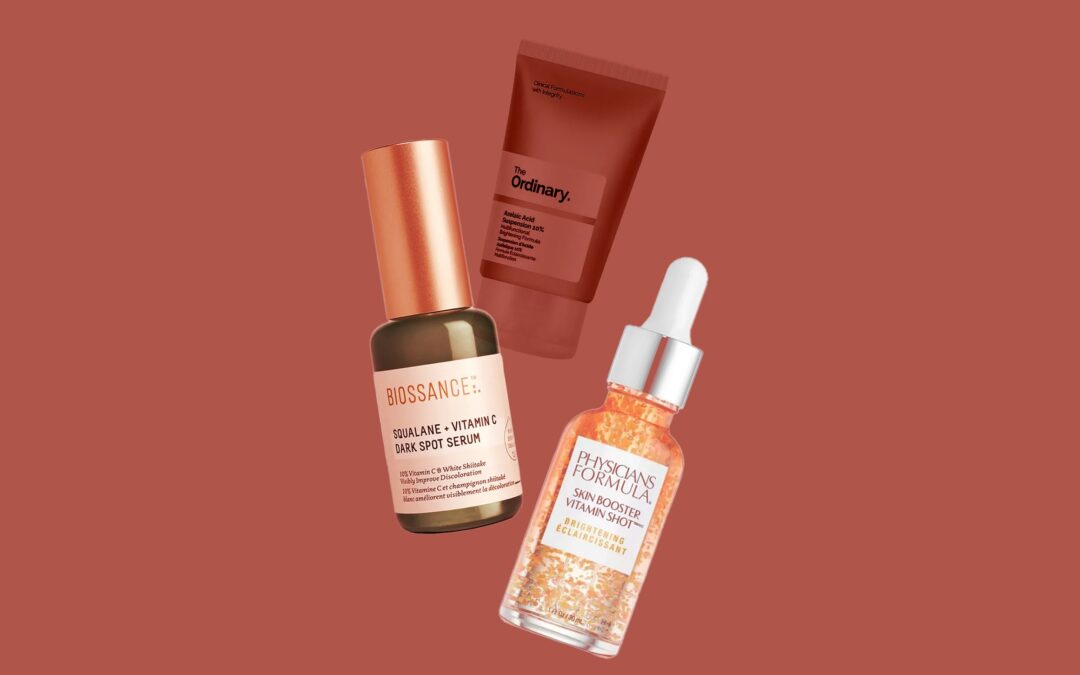Pregnancy and breastfeeding come with their own set of joys and pains, and a long laundry list of things to consider for you and your baby — among them, the best skin care for pregnancy. When you’re already going through so many changes, finding new skin-care products that work with your existing and new skin concerns can be tricky and a bit stressful, but there are plenty of options to help you fully bask in your best pregnancy glow.
Start by weeding out what won’t work for the next few months while you’re pregnant and nursing. If you ever have any uncertainty about the safety of a product, it’s probably a good idea to run your current skin-care lineup by both your dermatologist and gynecologist at the start of your pregnancy. According to Morgan Rabach, MD, a board-certified dermatologist in New York City, ingredients such as retinol and hydroquinone should be avoided by pregnant and nursing women.
[Editor’s note: The use of salicylic acid during pregnancy has been debated but the American Academy of Dermatology — as well as one expert in this very story — deem topical salicylic acid acceptable when used for a limited time, but please consult with your board-certified dermatologist.]
Next, know the types of skin changes to expect. For example, it’s not uncommon to battle a bit of acne during this time. “Breakouts are a big concern during pregnancy, says Dr. Rabach. “All the hormones surging are similar to teenagers, which leads to more breakouts than usual.”
She also shares that pregnant women can also see more pigmentation issues than they would have pre-pregnancy. “Melanin-stimulating hormones, which are the same type of hormone as estrogen, [can] increase and cause dark spots,” says Dr. Rabach, resulting in melasma, a pigmentation condition that causes dark patches on the face or cheek, or general discoloration in other spots on the body.
Some women may see the formation of a dark line on the center of the stomach — it’s called the linea nigra. “The linea nigra comes from the melanin stimulating hormones and resolves after pregnancy on its own,” says Onyeka Obioha, MD, a board-certified dermatologist in Los Angeles who specializes in treating hyperpigmentation and skin of color.
There’s also a pregnancy-specific rash called pruritic urticarial papules and plaques of pregnancy (PUPPP), which Obioha says, “women can get during their third trimester of pregnancy, but it is only known to affect a woman’s first pregnancy.” It shows up as itchy patches often on or around stretch marks. There’s no known cause for PUPPP and it clears up after delivery.

